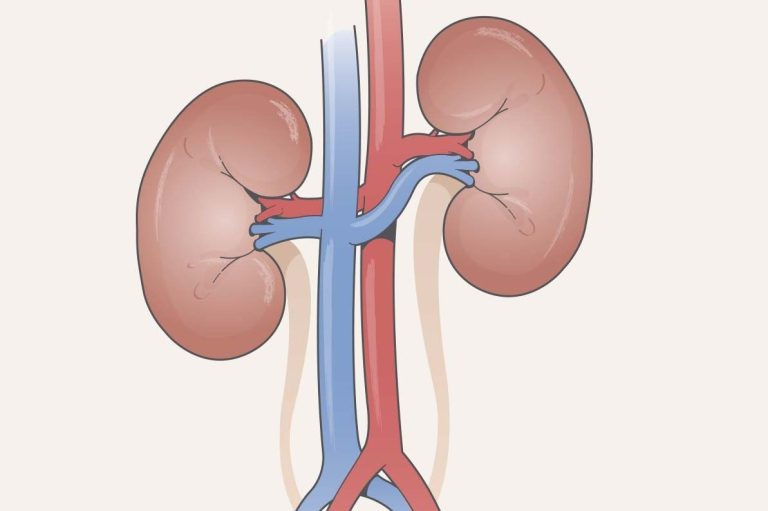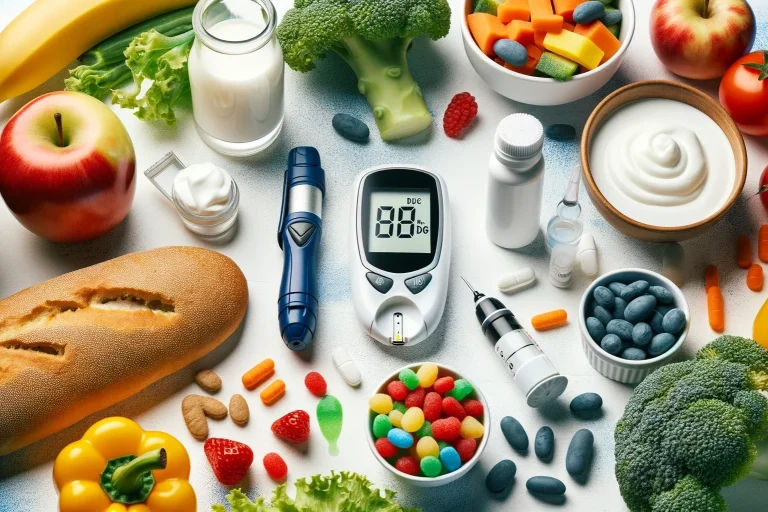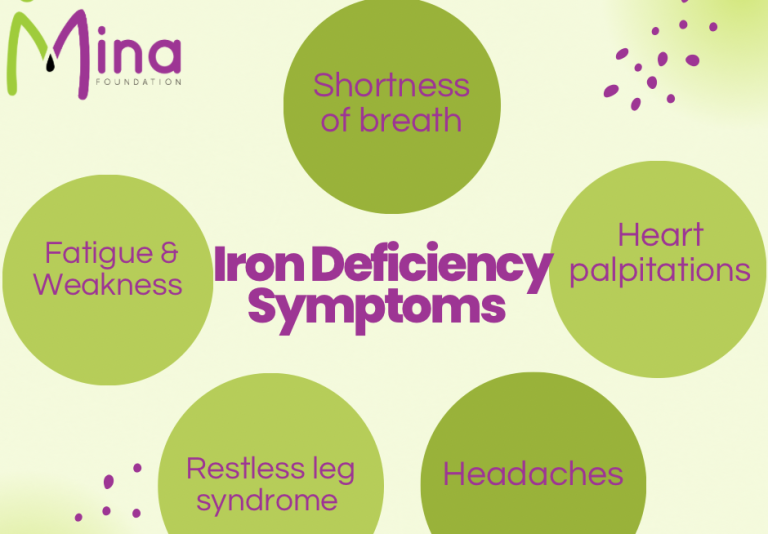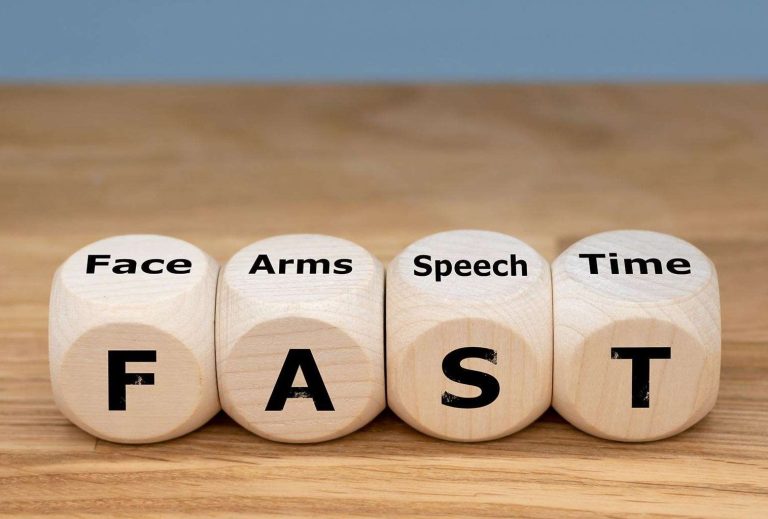Welcome to Resources Page
This section contains variety of resources, sources of information and links.

Congestive Heart Failure
Heart failure is a condition where your heart can’t pump blood around your body as well as it should.
It doesn’t mean your heart has stopped working but you may need support to help it work better.
Heart failure | British Heart Foundation - BHF

Renal & Kidney Disease
Chronic kidney disease (CKD) means that your kidneys do not work as well as they should. They can’t remove waste products from your body.
Damage to the kidneys' filter system can also allow blood and protein to leak into the urine. This is not always visible but can be found with a urine test.
Chronic kidney disease (CKD) | Kidney Care UK

Diabetes
Diabetes is a condition that causes a person's blood sugar level to become too high.
There are 2 main types of diabetes:
Type 1-a lifelong condition where the body's immune system attacks and destroys the cells that produce insulin.
Type 2-where the body does not produce enough insulin, or the body's cell do not react react to insulin properly.

Health Inequalities
Health inequalities are avoidable, unfair and systematic differences in health between different groups of people.
There are many kinds of health inequality, and many ways in which the term is used.
What Are Health Inequalities? | The King's Fund (kingsfund.org.uk)

Mental Well-being
Evidence suggests there are 5 steps you can take to improve your mental health and wellbeing.
Trying these things could help you feel more positive and able to get the most out of life.
Mental health and physical illness - Every Mind Matters - NHS (www.nhs.uk)

Carers Rights
We know that many people who are caring for someone with chronic conditions struggle to balance the demands of their caring role.
As a carer you are entitled to know everything from your rights to practical tips and financial support options.
Looking after someone guide | Carers UK

Alzheimer's & Dementia
The word 'dementia' describes a set of symptoms that over time can affect memory, problem solving, language and behaviour. Alzheimer's disease is the most common type of dementia.
Over 850,000 people live with dementia in the UK. A proportion of these people are South Asians, who make up 5% of the UK population.

Iron Deficiency Anaemia
Iron deficiency anaemia is where your body does not produce enough red blood cells because the level of iron in your blood is too low.
There may be no symptoms at first but over time it can get worse and you may get symptoms.
Anaemia: Symptoms, causes and treatment | Bupa UK

Prostate Cancer
One in Four Black men will get prostate cancer in their lifetime.
Black men are more likely to get prostate cancer than other men, who have a 1 in 8 chance of getting prostate cancer.
Prostate Cancer UK | Prostate Cancer UK

Oral & Throat Cancer
Oral, throat and oesophageal cancer are more common in native South Asians due to high rates of tobacco use, which includes smoking bidis (unfiltered tobacco leaves), chewing paan (tobacco rolled up in betel nut leaves) and sucking or chewing areca (a South Asian nut).
Paan, bidi and shisha - NHS (www.nhs.uk)

Stroke
Stroke can be life-changing. It can happen to anyone of any age and affects everyone in different ways.
A stroke is a medical emergency. If you spot the signs of stroke, call 999

Psoriasis & Eczema
Psoriasis affects around 2 in 100 people in the UK. It can start at any age, but most often develops in adults between 20 and 30 years old and between 50 and 60 years old.
The Psoriasis Association (psoriasis-association.org.uk)
Atopic eczema (atopic dermatitis) is one of the most common forms of eczema, a condition that causes the skin to become itchy, dry and cracked and is the most common type of eczema in children.
Atopic eczema - NHS (www.nhs.uk)
5 x more
People in Black, Asian and minority ethnic communities are more likely to develop chronic kidney disease than others.
Kidney Research UK 2023
2 x more
Unpaid Carers from Black, Asian and minority ethnic backgrounds are financially worse off than White British carers.
Carers Uk 2022
50 x more
South Asian people have the highest risk of death from heart disease of any ethnic group in England and Wales
BHF & NHS Strategy Unit
July 2022
Registered Charity in England and Wales (1208880) ©Mina Foundation 2024 All Rights Reserved
We need your consent to load the translations
We use a third-party service to translate the website content that may collect data about your activity. Please review the details in the privacy policy and accept the service to view the translations.
